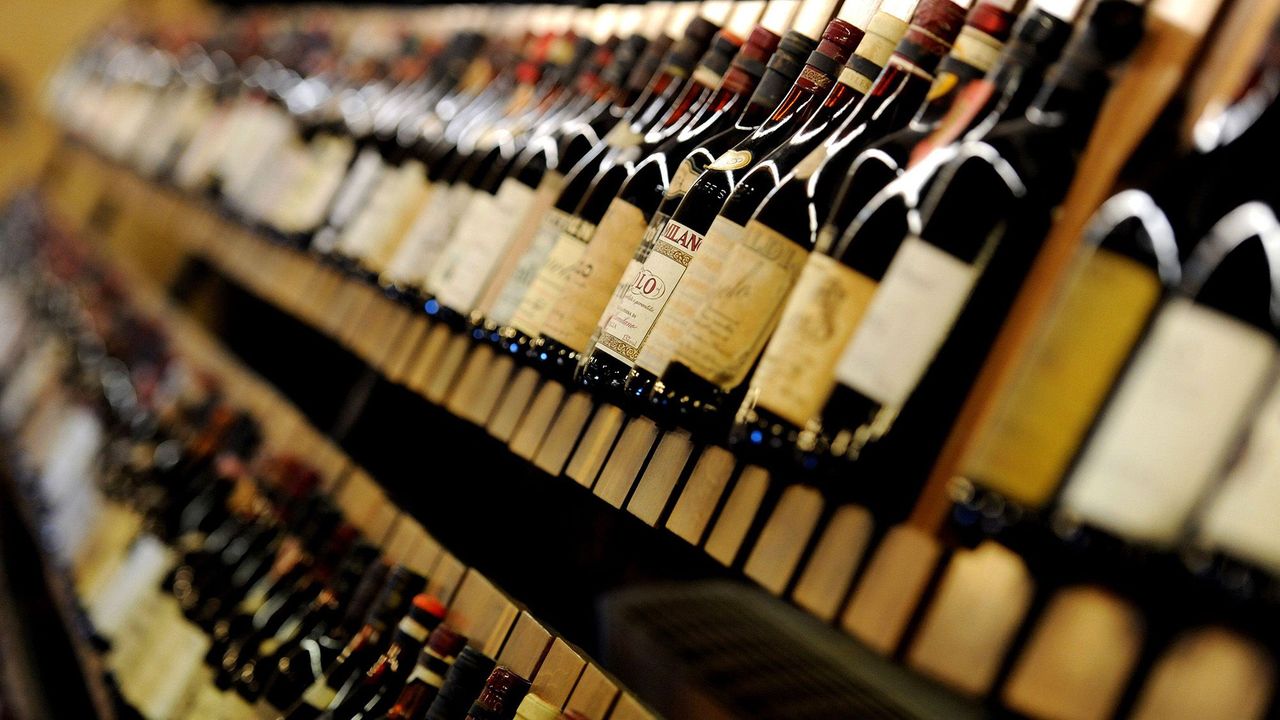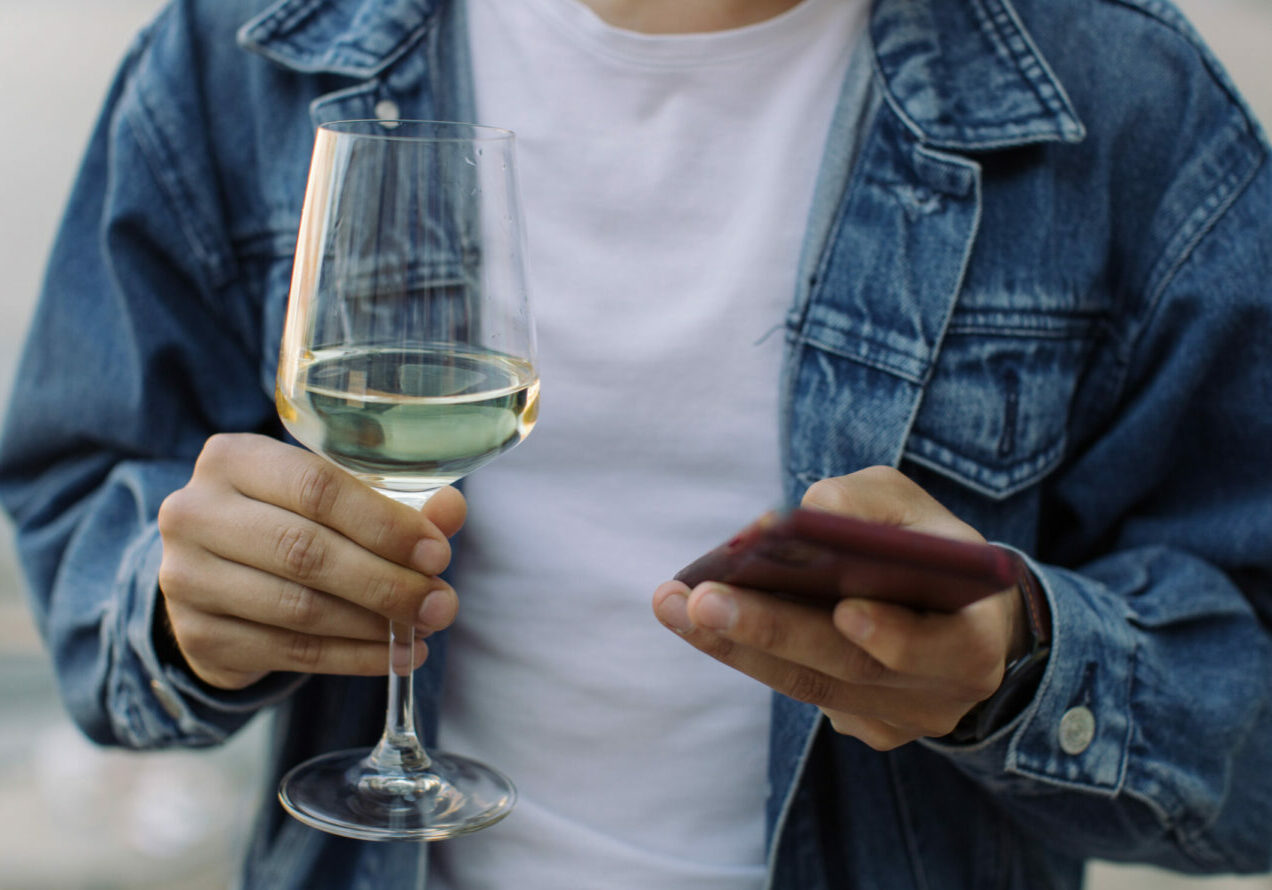The wine industry is experiencing a seismic shift as millennials, born between 1980 and 2000, emerge as a dominant force in shaping consumption patterns and market trends. This generation of 92 million consumers is fundamentally altering how wine is produced, marketed, and sold. Unlike their predecessors, who relied on traditional wine knowledge and established brands, millennials bring a fresh perspective characterized by digital savviness, sustainability consciousness, and adventurous palates. Their influence extends beyond mere purchasing power—they’re driving innovation in everything from packaging to distribution channels. As baby boomers age out of peak consumption years, the wine industry must adapt to millennial preferences or risk losing relevance in an increasingly competitive beverage market.
Digital-First Wine Discovery and Purchasing
Millennials have revolutionized how wine is discovered and purchased, leveraging technology in ways previous generations never imagined. With 90% of 18-29 year-olds using social media platforms, these digital natives rely heavily on online reviews, social media recommendations, and direct-to-consumer sales channels. They’re more likely to purchase wine directly from wineries or online retailers, bypassing traditional distribution channels entirely.
This shift has forced wine producers to invest heavily in digital marketing strategies and social media presence. Instagram-worthy packaging, engaging content creation, and influencer partnerships have become essential tools for reaching millennial consumers. The “add to cart” convenience appeals to a generation that values efficiency and seamless online experiences.
Adventurous Palates and Experimental Preferences
Perhaps no characteristic defines millennial wine consumption more than their willingness to experiment. Research shows that 65% of millennials actively seek out rare and unusual wines and vintages, demonstrating an adventurous spirit that contrasts sharply with traditional wine consumption patterns. They’re interested in varietals from unexpected regions—from Furmint in Hungary to Moschofilero from Greece, and even wines from emerging markets like China and Lebanon.
This experimental nature extends to wine styles as well. Millennials embrace everything from natural and biodynamic wines to innovative formats like canned wine and sparkling varieties. They consume an above-average number of grape varieties and show particular interest in red wine blends, Pinot Noir, and sparkling Moscato.
Value-Conscious Spending and Budget Considerations

Despite their reputation for premium preferences, millennials are notably budget-conscious wine consumers. They typically choose bottles in the $10-$12 range for everyday consumption and rarely exceed $20 for special occasions. This price sensitivity isn’t necessarily about preference—it’s often driven by economic reality. Burdened by student debt, soaring housing costs, and delayed career milestones, many millennials are simply priced out of premium wine segments.
However, this budget consciousness doesn’t mean compromising on quality. Millennials are skilled at finding value-focused wines from reputable regions, often relying on producer websites and wine shop consultants rather than brand recognition. They prioritize authenticity and great value over prestigious labels.
Sustainability and Authenticity Focus
Environmental consciousness significantly influences millennial wine choices. This generation drives increasing demand for natural, organic, and biodynamic wines, reflecting broader sustainability values. They want wines that represent an authentic sense of place and terroir, preferring products with compelling stories and meaningful connections over mass-market brands.
Millennials also value transparency in production methods and are more likely to support wineries with sustainable practices. This has prompted many producers to implement environmentally friendly initiatives and emphasize their commitment to responsible winemaking.
Experience-Driven Consumption
Beyond the bottle itself, millennials prioritize experiential wine consumption. They’re more likely to seek wine tastings, vineyard tours, and wine-paired dining experiences. This preference for experiences over material possessions has led wineries to invest in immersive marketing strategies and unique tasting room experiences.
Social media amplifies this trend, as millennials share their wine experiences online, creating organic marketing opportunities for producers who can deliver Instagram-worthy moments.


